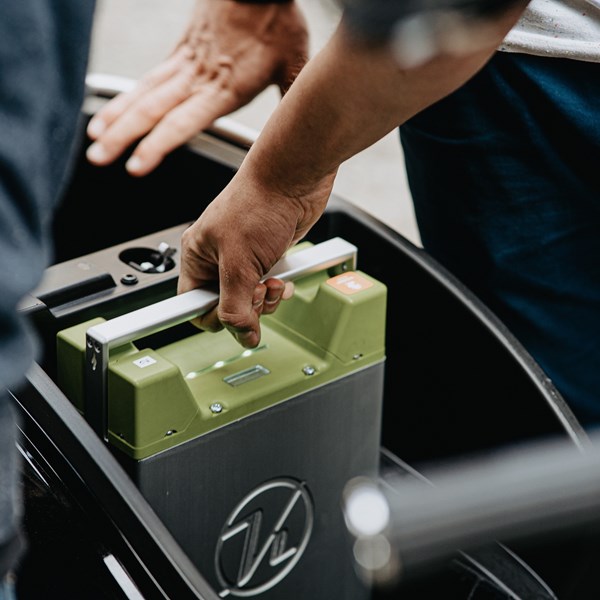Patenting software inventions in Europe: Understanding the need for a technical contribution
As part of a new series of articles, we discuss key takeaways from recent decisions by the Boards of Appeal at the European Patent Office, as these provide learning points for those seeking patent protection for software inventions in Europe.














